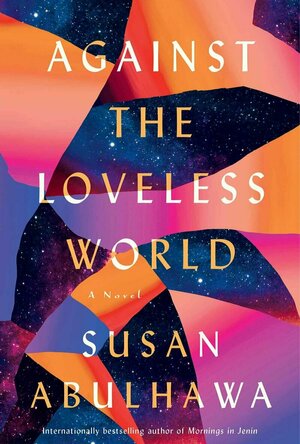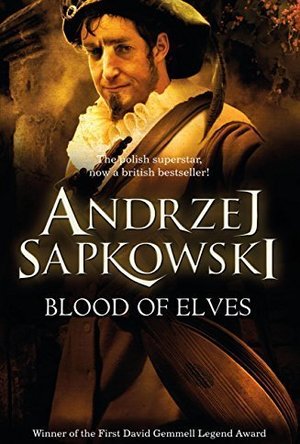
Blood of Elves
Book
Geralt, the witcher of Rivia, is back - and this time he holds the fate of the whole land in his...
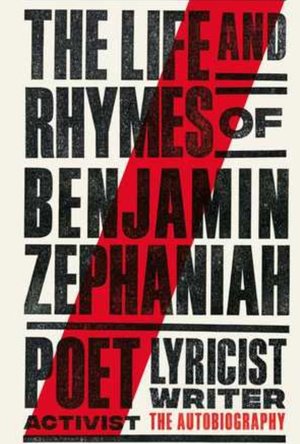
The Life and Rhymes of Benjamin Zephaniah: The Autobiography
Book
Benjamin Zephaniah, who has travelled the world for his art and his humanitarianism, now tells the...
Autobiography
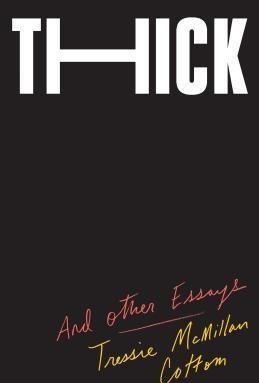
Thick: And Other Essays
Book
Smart, humorous, and strikingly original thoughts on race, beauty, money, and more—by one of...

The Birth of Venus
Book
Alessandra Cecchi is not quite fifteen when her father, a prosperous cloth merchant, brings a young...
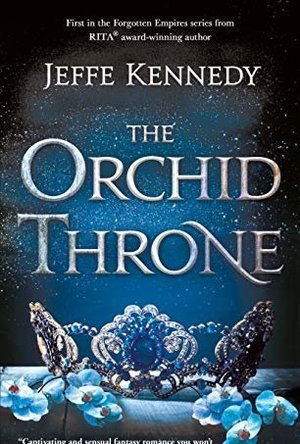
The Orchid Throne
Book
Welcome to the world of Forgotten Empires from award winning author Jeffe Kennedy that begins with...
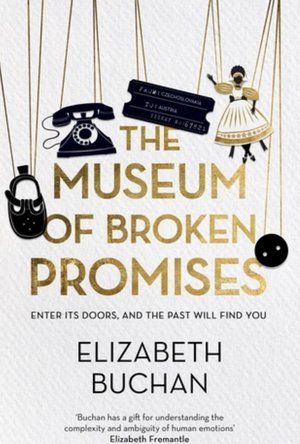
The Museum of Broken Promises
Book
The stunning new novel from bestselling Elizabeth Buchan. The Museum of Broken Promises is a...
Historical Fiction Paris Prague
ClareR (6062 KP) rated Against the Loveless World in Books
Aug 15, 2021
When she returns to Palestine to her husband’s family in order to divorce him, she meets his brother and falls in love. However, this is the start of more problems for her, as she becomes radicalised.
It did seem hard to believe that she had quite so many problems and terrible things happen to her, but I’ve since read that Nahr’s character is an amalgamation of several real-life stories. So, in a way, it reassured me that one person couldn’t experience ALL of these things, whilst at the same time I felt so sad that anyone could experience ANY of these things.
I couldn’t put this book down, though. It’s a fascinating, yet horrifying novel, and not something that I’ve read about in fiction before - and I’m so glad that I have.
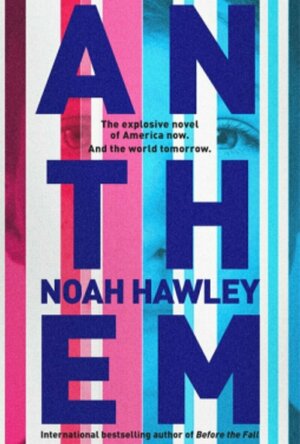
Anthem
Book
America spins into chaos as the last remnants of political consensus break apart. Against a...
Mark @ Carstairs Considers (2474 KP) rated Murder Off the Books in Books
Sep 15, 2023 (Updated Sep 15, 2023)
Those who have read the first two books in the series will know what to expect here. We get a plot with some wackiness that fits this story and these characters perfectly. I did find some of the humor fell flat for me (might just be me), but I still laughed plenty. Yet the story comes together for a logical climax. The characters are all strong and entertaining as well. I did find a handful of political comments, which were superfluous to the story, threw me out of the story. The author does a good job of skirting spoilers for the previous books, which fans will know is a pretty big task. If you want a mystery filled with humor, you’ll be glad you picked this one up.
Merissa (13739 KP) rated Alpha's Moon (Dirigo Pack #1) in Books
Jun 23, 2021 (Updated Jul 18, 2023)
Sheridan is a hybrid - wolf father and witch mother, accepted by neither 'camp'. After her parents die, she is left alone in the world but survives. She doesn't trust easily, especially if they are in one of the two camps mentioned above. So what is she to do when her friend's brother says they are mates?
I loved this book! Although the instant mate connection was there, Kane and Sheridan worked their way through it, allowing their relationship to grow. I adored how Kane was determined to give Sheridan the space she needed, even going against his parents and the Pack to do so. It's easy to fall back on old habits, but Sheridan and Kane learn from them and move forward.
There's a bit of something for everyone here, with betrayal, mystery, and political machinations. I thought the whole story was bound together brilliantly, and I would LOVE to see more of Isaac.
An amazing start to the series and I can't wait for more. Absolutely recommended by me.
** same worded review will appear elsewhere **
* A copy of this book was provided to me with no requirements for a review. I voluntarily read this book, and the comments here are my honest opinion. *
Merissa
Archaeolibrarian - I Dig Good Books!
Jun 23, 2021
